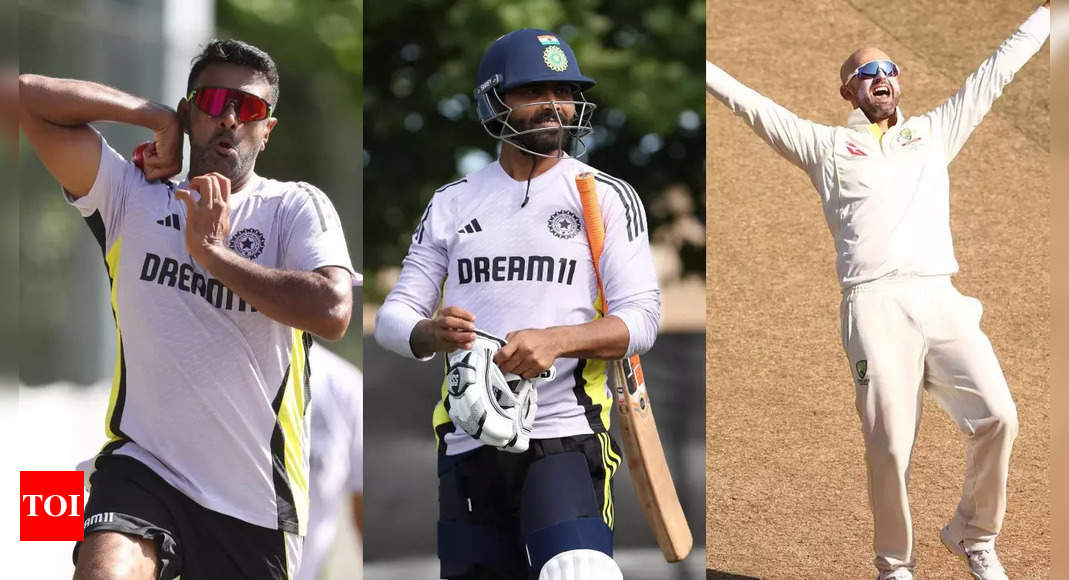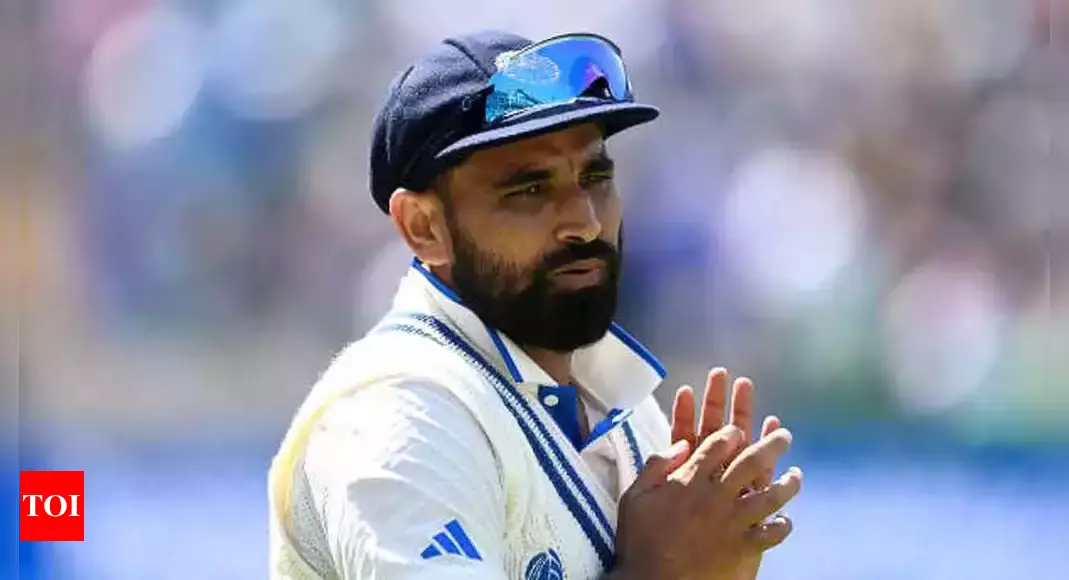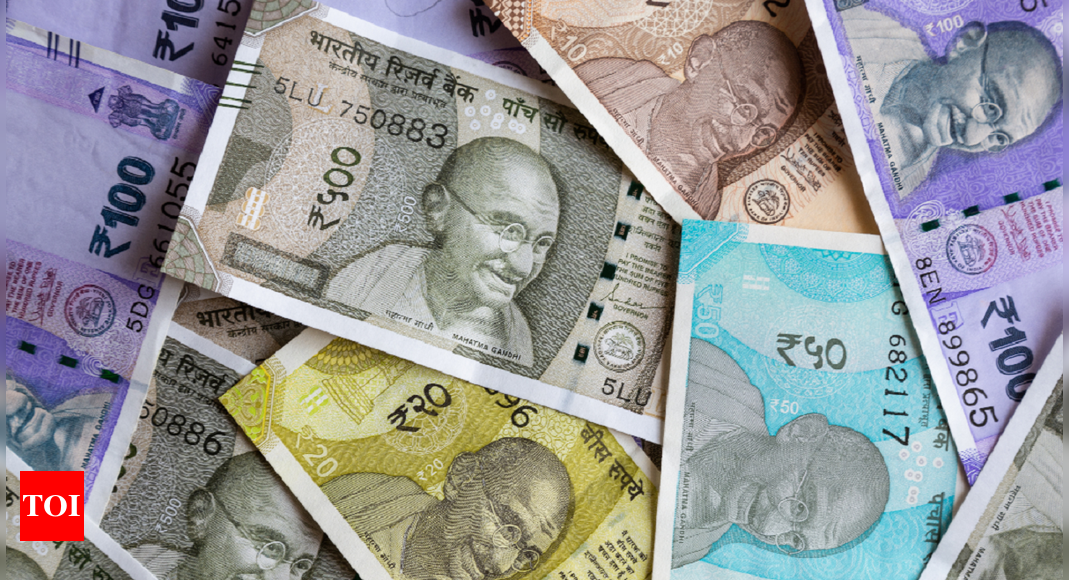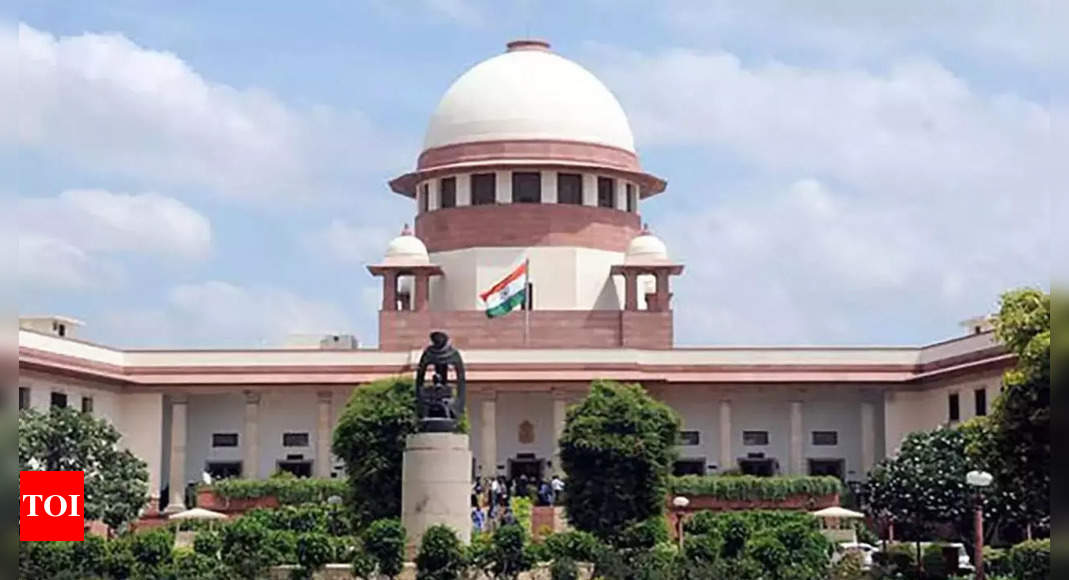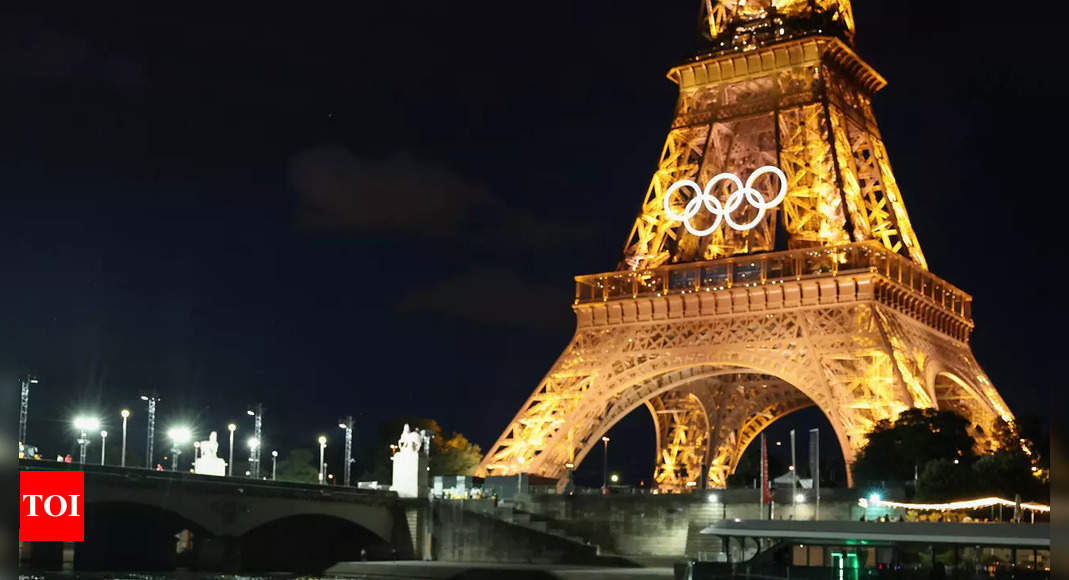
Based on public statements and press leaks over the past few months, here’s what we know about the concept, artists, and music:
“Games Wide Open”, the motto of the organizers, is reflected in their decision to move the opening parade from the stadium to the heart of Paris.
Approximately 6,000-7,000 athletes will travel along a six-kilometre (four-mile) section of the Seine river, starting from the Austerlitz bridge in the east and ending at the Eiffel Tower, aboard 85 barges and boats.
The event is expected to draw up to 500,000 spectators, who will watch from specially constructed stands with ticket prices reaching 2,700 euros ($2,900), along the river banks for free, and from the balconies and apartments overlooking the route.
“Organising a ceremony on the Seine is not easier than doing it in a stadium… but it has more punch,” chief organiser Tony Estanguet told AFP earlier this month.
The parade, due to its immense size and intricacy, has never been fully rehearsed before the event.
Thomas Jolly, a 42-year-old acclaimed theatre director known for his successful rock-opera musical “Starmania”, has taken charge of designing the show.
Jolly has assembled a talented creative team, which includes Fanny Herrero, the writer of the popular French TV series “Call My Agent”, along with renowned author Leila Slimani and distinguished historian Patrick Boucheron.
The show has been divided into 12 distinct sections, featuring approximately 3,000 dancers, singers, and entertainers strategically positioned along both sides of the river, on bridges, and near iconic monuments.
A tribute to Notre-Dame cathedral, currently undergoing restoration after the devastating fire in 2019, is certain to be included, potentially featuring dancers on the scaffolding.
The ceremony will commence at 07:30pm (1730 GMT), with two-thirds of the event taking place during daylight hours, followed by dusk—Jolly hopes for one of Paris’s breathtaking summer sunsets—and will conclude with a light show.
The musical selection will feature a blend of classical pieces, traditional ‘chanson francaise’, as well as rap and electronic music.
Aya Nakamura, the Franco-Malian R&B sensation, is expected to take the stage, despite facing backlash from far-right political figures. Marine Le Pen, in particular, claimed that Nakamura’s performance would bring shame to France, stating that her appearance would “humiliate” the nation.
In other news, the iconic French electronic duo, Daft Punk, reportedly declined an invitation to perform at the event. Meanwhile, renowned French DJ David Guetta, known for his international tours, was surprisingly not included in the lineup, much to his displeasure.
When asked about the overarching theme of his work last week, Jolly simply replied, “love.” He emphasized that his creations would serve as a tribute to the rich tapestry of cultural, linguistic, religious, and sexual diversity found both within France and around the globe, despite the potential risk of offending conservative sensibilities.
“I think the people who want to live together in this diversity, this otherness, are much more numerous, but we make less noise,” he told AFP.
The opening ceremony of the upcoming event is expected to take a different approach compared to the previous year’s rugby World Cup, which was heavily criticized for its outdated and stereotypical portrayal of French culture, including “baguettes to berets and the Eiffel Tower.”
The organizers, led by Jolly, are cautious about placing too much emphasis on France’s historical role in shaping democracy and universal human rights, despite the significant contributions of its Enlightenment thinkers and the impact of the 1789 Revolution.
“We wanted to avoid our natural tendency to lecture people,” Herrero told Le Monde newspaper recently.
And don’t expect a three-hour tribute to French greatness to rival the nationalistic pageantry seen at the Beijing Games in 2008.
“The opening ceremony in Beijing in 2008 was exactly what we did not want to do,” Boucheron told Le Monde.
The future remains uncertain, as many details are still being kept secret.
If Aya Nakamura were to take the stage, it would be a significant event, especially in the wake of recent parliamentary elections.
The far-right, known for its anti-immigration stance, secured an unprecedented 143 seats in the national parliament.
Jolly has strongly suggested that the waters of the Seine might play a role in the upcoming events, possibly featuring the emergence of a submersible or submarine.
“You have the sky, you have bridges, you have water, you have banks, you have so much space to make poetry,” Jolly told reporters last week. “So why not under the river also?”
The most significant event of the entire occasion could be the conclusion, provided that all attendees return home unharmed.
Since its announcement in 2021, the ceremony has caused French law enforcement to experience intense anxiety due to the challenges associated with ensuring the safety of such a large number of individuals across an extensive metropolitan region.


